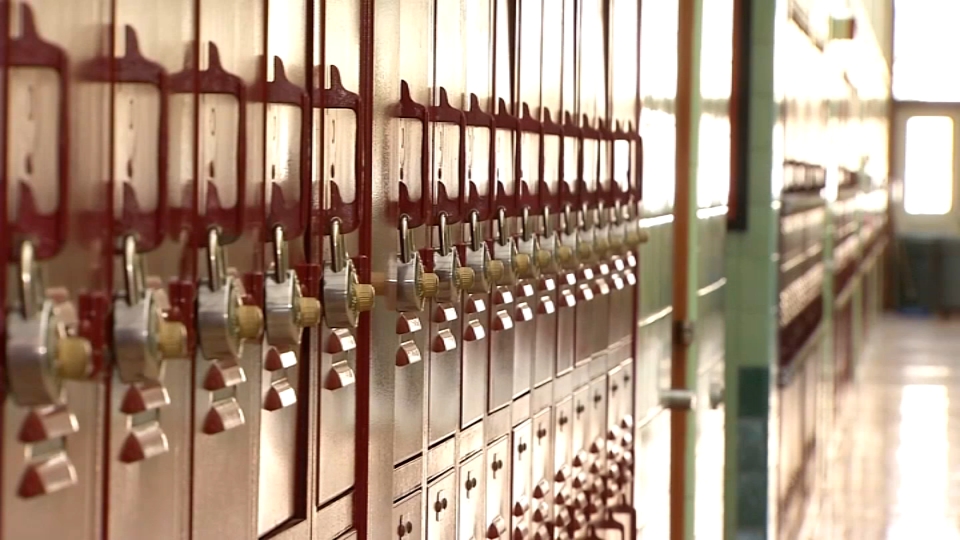President Donald Trump announced a pause on reciprocal tariffs, which sparked a stock market rebound but also caused confusion with some within his own administration and party. Scott McGrew reports.
Many in Silicon Valley are a bit relieved after President Donald Trump moved the goalpost and dropped a 125% reciprocal tariff on items like smartphones and computers that are manufactured in China.
Tim Bajarin, chairman at Creative Strategies Inc., said the move is "good news for the tech sector."
"What I see here, and the way it is written is smartphones, computers and chips," he said.
The industry is still looking for guidance on exactly which chips will be exempt from the massive tariffs.
The president signed the order on Friday and was later asked whether he thought China would try to negotiate a better deal.
"I guess so, yeah, whatever. It is," Trump said. "We have a lot of countries, not just China, but whatever it is, it is, I think we're [in] a very good position."
Cupertino-based Apple assembles 90% of its iPhone in China and lost close to $640 billion in value in the past three days following Trump's ramping up tariffs on the country.
Local
Bajarin said Silicon Valley tech leaders and chip makers likely had the president's ear in the hours leading up to his decision.
"I think if you were going to say who had the biggest impact on Trump changing this policy, I would argue that it’s Tim Cook and executives from Intel and AMD," Bajarin said.
Get a weekly recap of the latest San Francisco Bay Area housing news. Sign up for NBC Bay Area’s Housing Deconstructed newsletter.
Bajarin and others are not watching how it will all shake out with the 20% tariffs that remain and with China claiming it will mass produce copies of U.S. tech goods.
"You’ve really got two forces, in this case, President Trump and Xi of China, who are butting heads and in this case, Trump blinked – but will Xi blink?" Bajarin said.
Despite the sigh of relief from tech companies, many small businesses that depend on non-tech Chinese imports will still feel the sting of the 125% tariffs.
"We're not on the NASDAQ. we're not part of Wall Street," said Anthony Bernas, CEO of The Cooler Keg. "It's one thing for a major corporation to have a horrible quarter and to lose earnings….but we're looking at, what do we do in the long run?



